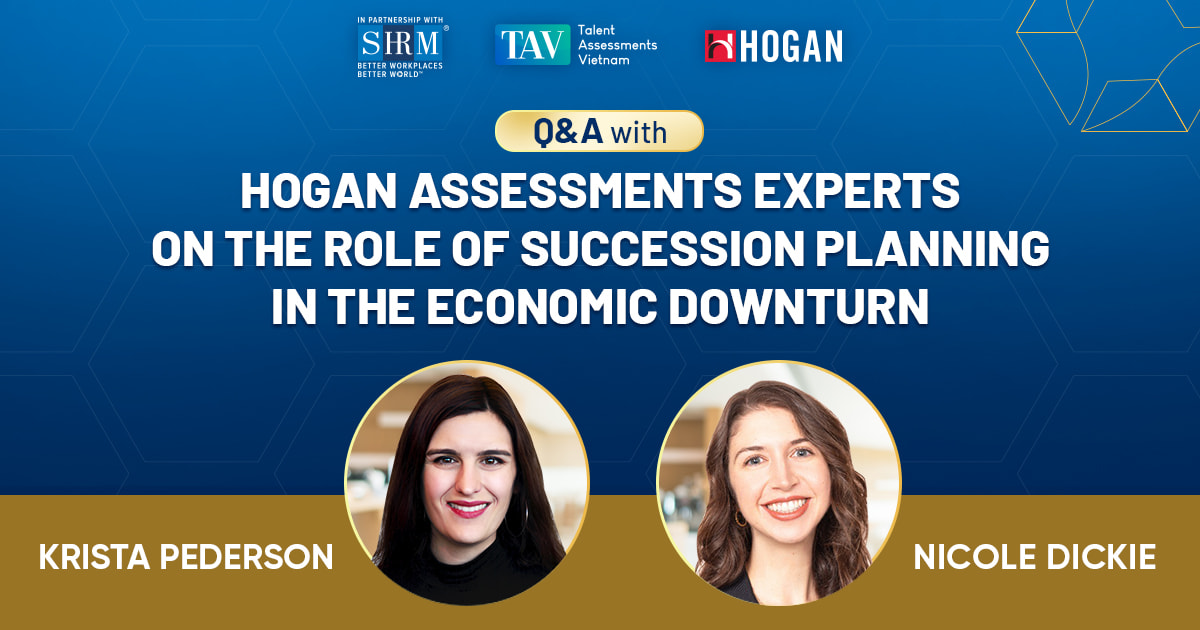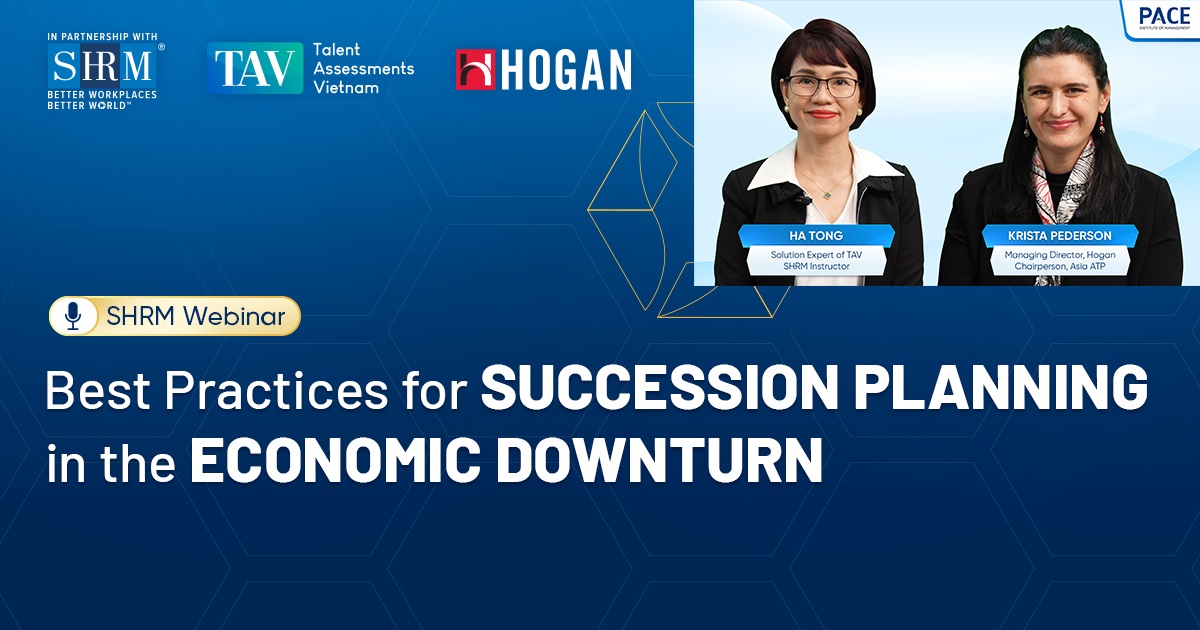DO YOUR EMPLOYEES FEEL RESPECTED?
In all but the most toxic workplaces, building a respectful organization does not demand an overhaul of HR policies or any other formal changes. Rather, what’s needed is ongoing consideration of the subtle but important ways in which owed and earned respect can be conveyed. Here are seven small ones leaders and managers can use to make an outsize impact on workers.
1. Establish a baseline of owed respect.
Every employee should feel that his or her dignity is recognized and respected. This is especially important for lower-level workers. In a study of being valued or devalued at work, conducted by Jane Dutton (of the University of Michigan), Gelaye Debebe (George Washington University), and Amy Wrzesniewski (Yale), many hospital cleaners described seemingly subtle cues that prompted them to feel that their worth was enhanced or diminished. Some cleaners were never acknowledged by other staff members, making them feel invisible or as though they were looking in on hospital operations from the outside.
Others reported a boost in energy and worth from a doctor’s simply greeting them or holding a door. Even in prestigious companies, issues of owed respect are top of mind. An Apple sales associate described his first impression of the company’s CEO in a 2011 blog: “For Tim Cook there are no dumb questions. When he answered me he spoke to me as if I were the most important person at Apple. Indeed, he addressed me as if I were Steve Jobs himself. His look, his tone, the long pause…that’s the day I began to feel like more than just a replaceable part. I was one of the tens of thousands of integral parts of Apple.” Take a moment to consider whether your professional status is keeping you from perceiving a gap in respect, and note that simple acknowledgment or praise from a leader is often enough to make an employee feel valued.
2. Know how to convey respect in your particular workplace.
Whether we are leaders or coworkers, we can all shape an environment where colleagues reinforce respectful cues and make social worth a day-to-day reality for one another. Research points to specific behaviors that convey owed respect, such as active listening and valuing diverse backgrounds and ideas. For leaders, delegating important tasks, remaining open to advice, giving employees freedom to pursue creative ideas, taking an interest in their nonwork lives, and publicly backing them in critical situations are some of the many behaviors that impart respect.
Pay attention to norms about how to convey respect; they may vary, even from one department to another. Perhaps people in your previous workplace signaled owed respect by exchanging morning pleasantries with colleagues, but those in your new workplace would find that a rude distraction during the critical start to the workday. Or maybe in your prior environment providing both praise and critical feedback during practice sessions for client presentations was considered an expression of earned respect, but your current colleagues would see that as offensive.
3. Recognize that respect has ripple effects.
Leadership behaviors are often mimicked throughout an organization, and just as incivility can spiral, so too can respect. The cascade from the top down is also likely to shape the way employees treat customers, industry partners, and members of the community. It is no coincidence that in recent years Costco was both rated America’s best large employer by Forbes and tied for “America’s favorite retailer” in a survey by the American Customer Satisfaction Index. On the other end of the spectrum, companies at the head of “worst customer service” lists often top “worst places to work” lists as well.
4. Customize the amount of earned respect you convey.
Beyond ensuring a baseline of owed respect, leaders can identify and tailor the mix of respect types that will best enable their employees to thrive. Although it’s likely that a higher level of both owed and earned respect is needed, you might have reasons to emphasize one type or the other. Perhaps you’ve set a goal that requires a lot of collaboration and cohesion, warranting greater emphasis on owed respect. Alternatively, if your culture focuses largely on individual contributions, you might emphasize earned respect while ensuring that performance standards are transparent and direct employees’ attention to objective deliverables rather than to subjective comparisons with peers. What form might such expressions of earned respect take? According to a McKinsey global survey of more than 1,000 executives, managers, and employees, praise from an immediate manager, attention from a leader, and opportunities to head a project have more impact on motivation than do monetary incentives.

5. Think of respect as infinite.
Deciding when to bestow respect is not like making a judgment that requires dividing up a fixed pie (as when allocating time, pay raises, or attention, for instance), argue New York University’s Steven Blader and Siyu Yu. Respect is not finite; it can be given to one employee without shortchanging others. This is true of both owed and earned respect: All members of an organization are entitled to the former, and all employees who meet or surpass performance standards deserve the latter. And an employee’s place on the org chart makes him or her no more or less deserving of respect. Owed respect should be accorded to janitor and CEO alike, and earned respect should be based on meeting or exceeding standards specific to one’s role.6. See respect as a time saver, not a time waster.
Conveying respect doesn’t necessarily come at the expense of critical tasks. Christine Porath calls lack of time a “hollow excuse,” pointing out that respect is largely about how you do what you’re already doing. Jane Dutton agrees, suggesting that owed respect is best embedded in our normal interactions and can be as simple as communicating and listening in appreciative ways, being present to others, and affirming others’ value to the company. Still nervous about losing time? The small additions to your day needed to convey respect could save you substantial amounts of time. Porath shows that neglecting respect can be far more costly than attending to it: Dealing with the aftermath of disrespectful behavior, she estimates, consumes seven weeks a year for leaders and executives in Fortune 1000 firms. The time and effort needed to recognize performance, greet others, or hold a door pale in comparison.7. Know when efforts to convey respect can backfire.
Attempts to demonstrate respect may cause more harm than good if they are inconsistent or haphazard. Employees are likely to perceive vague expressions by HR or high-level leaders that are not enacted day-to-day by managers and peers as manipulative or disingenuous. And if people are particularly respectful in some situations but not in others—for example, if a manager offers praise only in the presence (or absence) of senior leaders—their words will probably be viewed as insincere. Finally, you should guard against earned respect that is not actually deserved; it won’t resonate. One Televerde employee put it this way: “It’s not like you want constant empty compliments….I’m looking to give you a valuable job.” Because employees see honesty as one of the most valuable expressions of respect, insincere compliments, however well-intentioned, are likely to be counterproductive. During her first month at work, one Televerde employee I met said that she had never held a full-time job, had no idea how to talk to CEOs, and doubted that the job could be authentically “her.” Nine months later she told me about supportive peers, accomplishments on several projects, and meaningful praise from her manager. She added, “I learned something, actually, since I made that statement [nine months ago]….You are what you make yourself, so [the job] is me if I want it to be.” Finding the right people for the right jobs and coordinating day-to-day operations are a manager’s solemn duty. As my research shows, however, the responsibilities don’t end there: Managers must also build a workplace of respect that allows employees — and, as a result, their companies—to become the best possible versions of themselves.|
Training Program INTERNATIONAL HUMAN RESOURCE MANAGEMENT/IHRM
Internationalize the human resource management capabilities of HR professionals in Vietnam
Opening Date: Stember 13, 2018 in HCMC
Opening Date: Stember 20, 2018 in Hanoi
|








